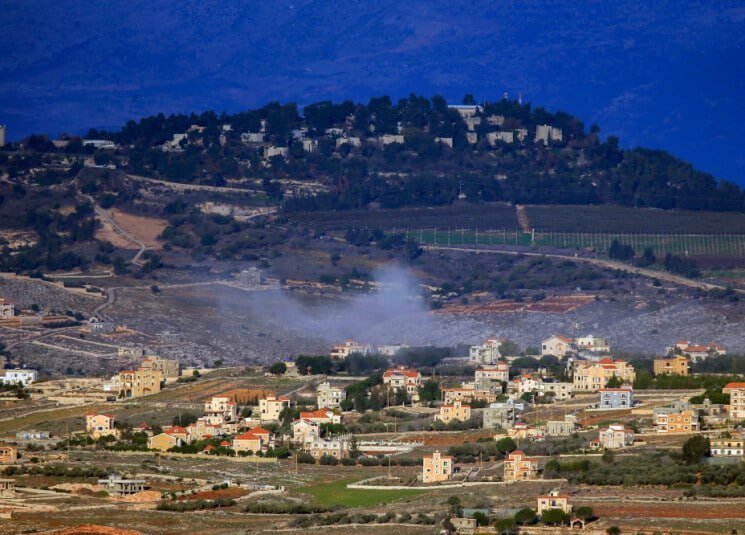Lebanon between Israeli aggression and international pressure

BEIRUT — Over the past few months, Lebanon has witnessed repeated Israeli air raids targeting economic infrastructure in the South and Bekaa, including bulldozers and excavators.
This reflects a strategy aimed at preventing reconstruction and the return of life to border villages unless Lebanon submits to its political and security demands.
Lebanon’s commitment to the ceasefire agreement did not help. Its exclusion from the Sharm el-Sheikh summit confirmed the marginalization of its regional role and its exclusion from the so-called “Greater Peace” plan.
Meanwhile, U.S. President Donald Trump was keen to demonstrate his support for Israel's position in the Knesset, insisting on disarming Hezbollah and “imposing” peace on its neighbors.
This approach has heightened Lebanese concerns that the country could become vulnerable to experiences similar to those in Gaza, especially with the recent escalation following the Gaza agreement and the accompanying U.S. moves to push Lebanon into direct negotiations with Israel and make concessions.
On the military front, Lebanon appears to be apprehensive about the next phase, with sources speaking of the possibility that areas south of the Litani River could be transformed into buffer zones, or that sanctions could be imposed on political figures to increase pressure on the government to disarm Hezbollah.
In this context, it was noted that Europeans are seeking to ensure the continuation of UNIFIL mission in the South after the end of their official mandate, in an attempt to mitigate the security vacuum that Israel could exploit to exert greater influence on the border.
In parallel, judicial talks between Lebanon and Syria has been the subject of attention.
Syrian Justice Minister Mazhar al-Weiss’s visit to Beirut resulted in important steps toward completing a draft judicial agreement that includes the handover of Syrian detainees and wanted persons, and the exchange of information on sensitive cases, including political assassinations.
The meeting between the Syrian-Lebanese judicial delegations demonstrated a shared desire for cooperation, strengthening the legal and judicial process between the two countries and easing tensions on the border, despite some ongoing disagreements over the issue of political detainees.
What distinguishes the current phase is that Lebanon is experiencing two parallel issues: on the one hand, direct external pressures from Israel and the U.S. to reshape the security and political equation, and on the other, pressures in favor of the Syrian regime.
These pressures reflect the depth of the challenges facing Lebanon, as every action at military or judicial level has direct repercussions on the country’s economic and political stability.
Lebanon appears at a crossroads: the need to protect its sovereignty and independence of its political decision-making process while simultaneously working to secure mechanisms capable of resisting Israeli pressure.
The next phase will be decisive in determining Lebanon’s ability to withstand security and political pressures and consolidate its role as a local and regional player capable of protecting its borders and national interests.
Leave a Comment